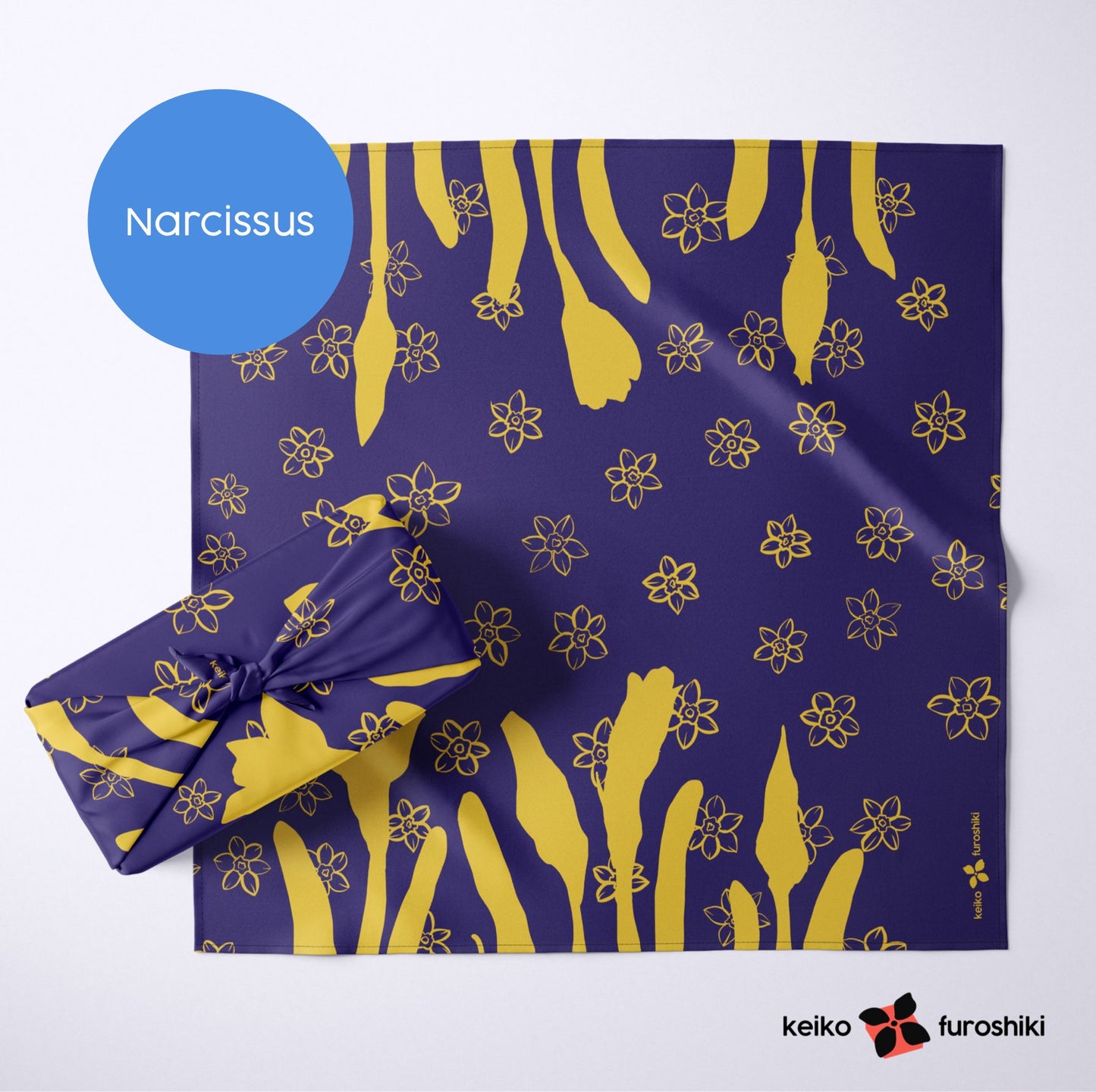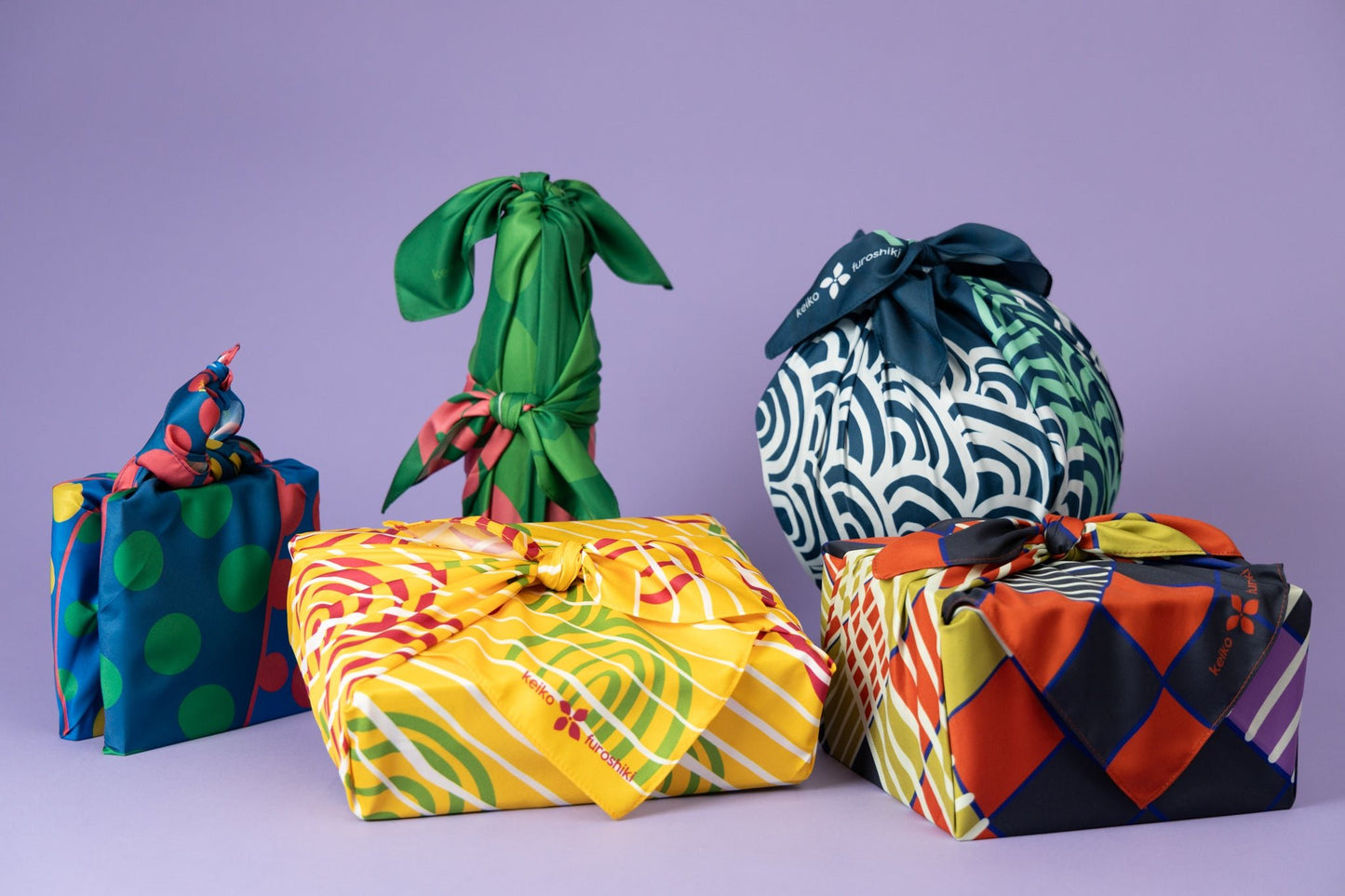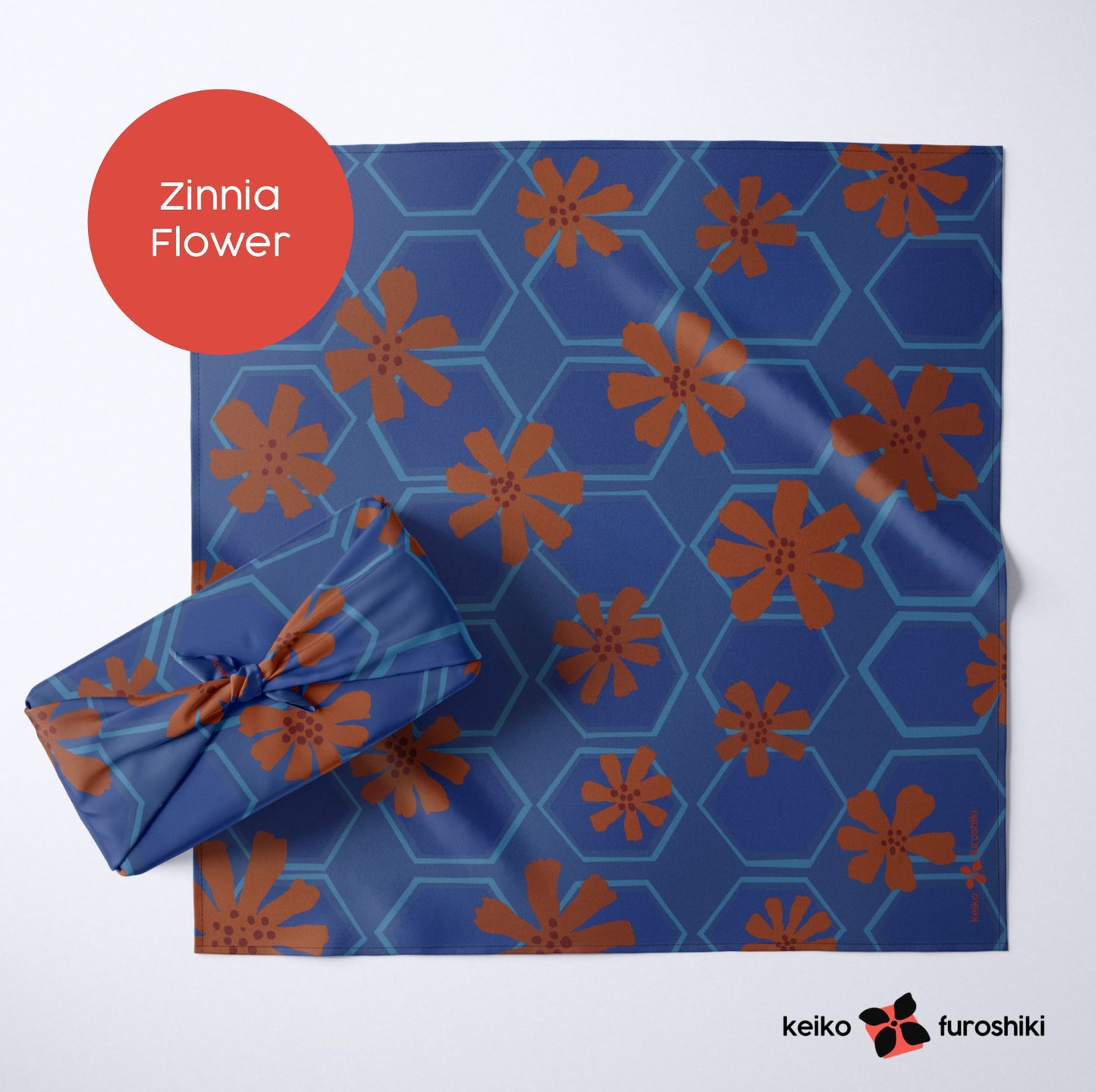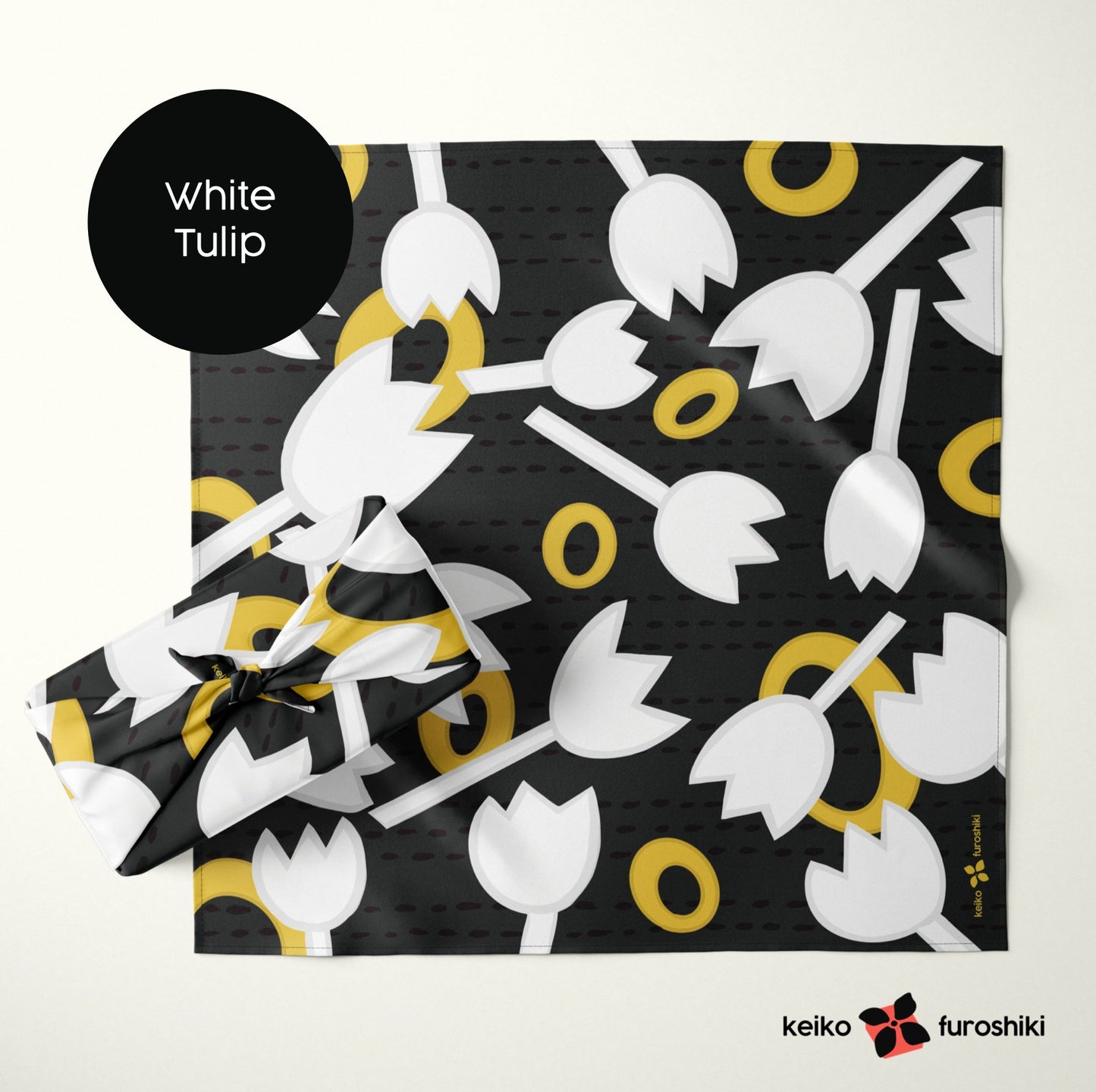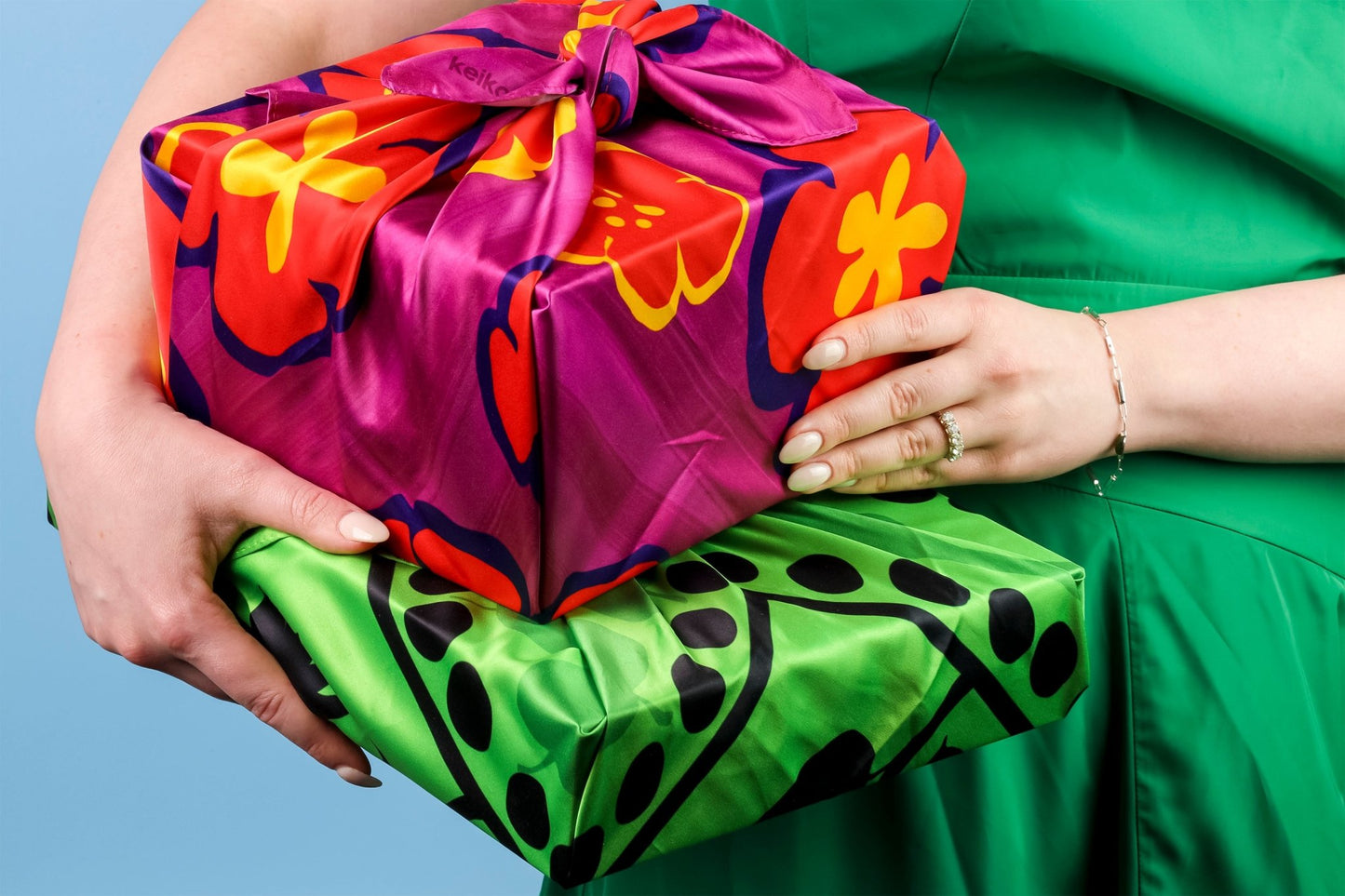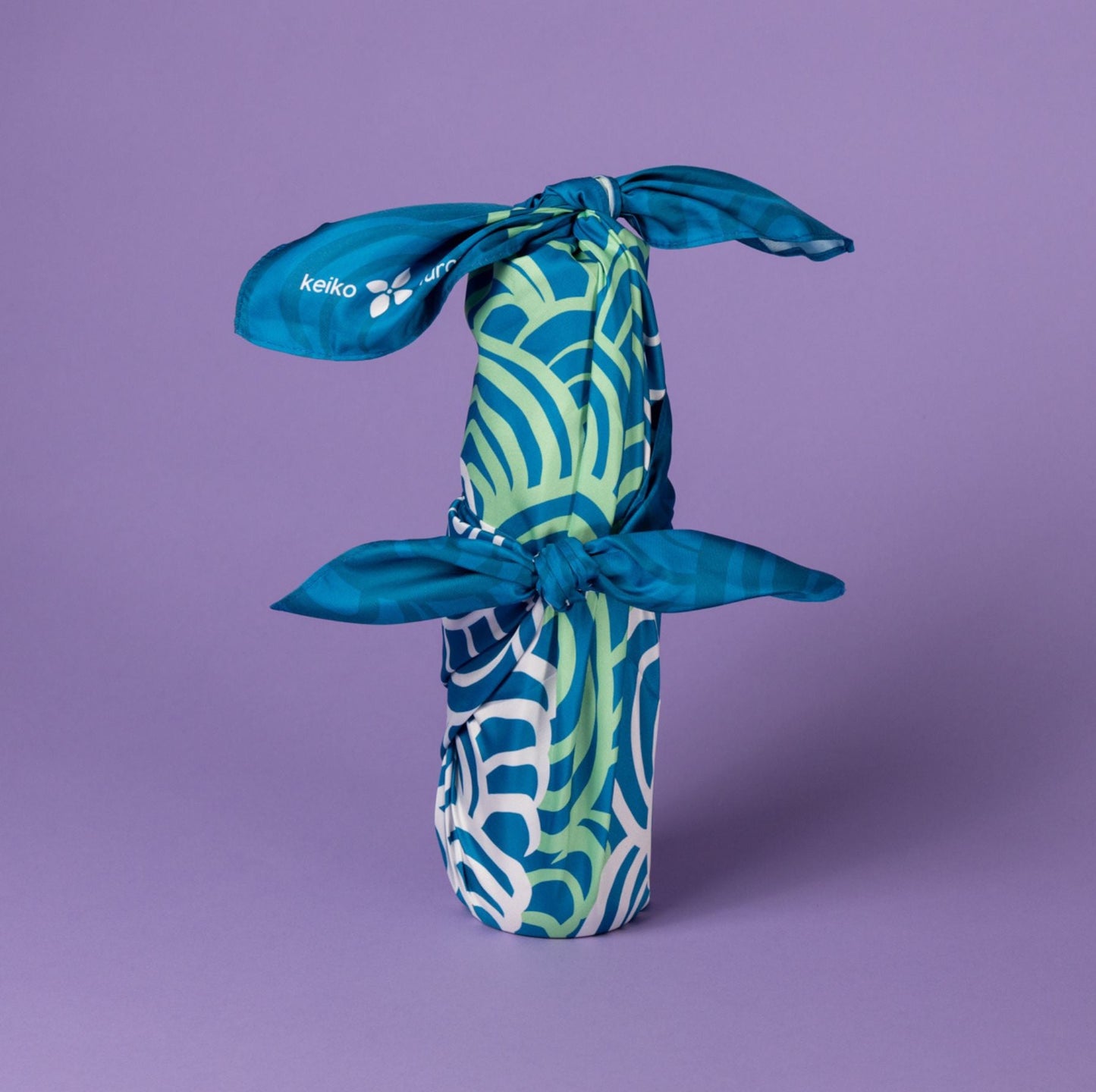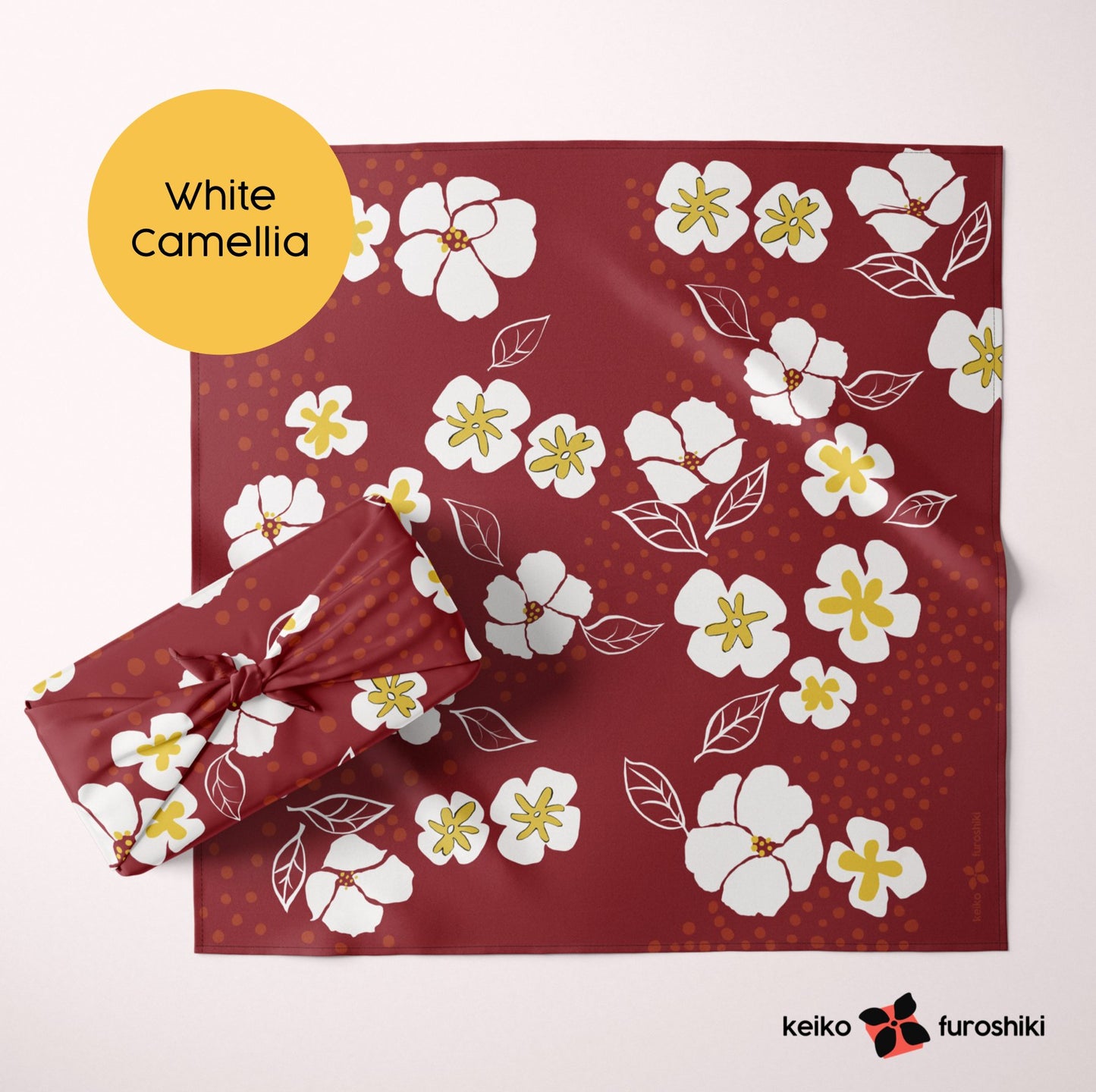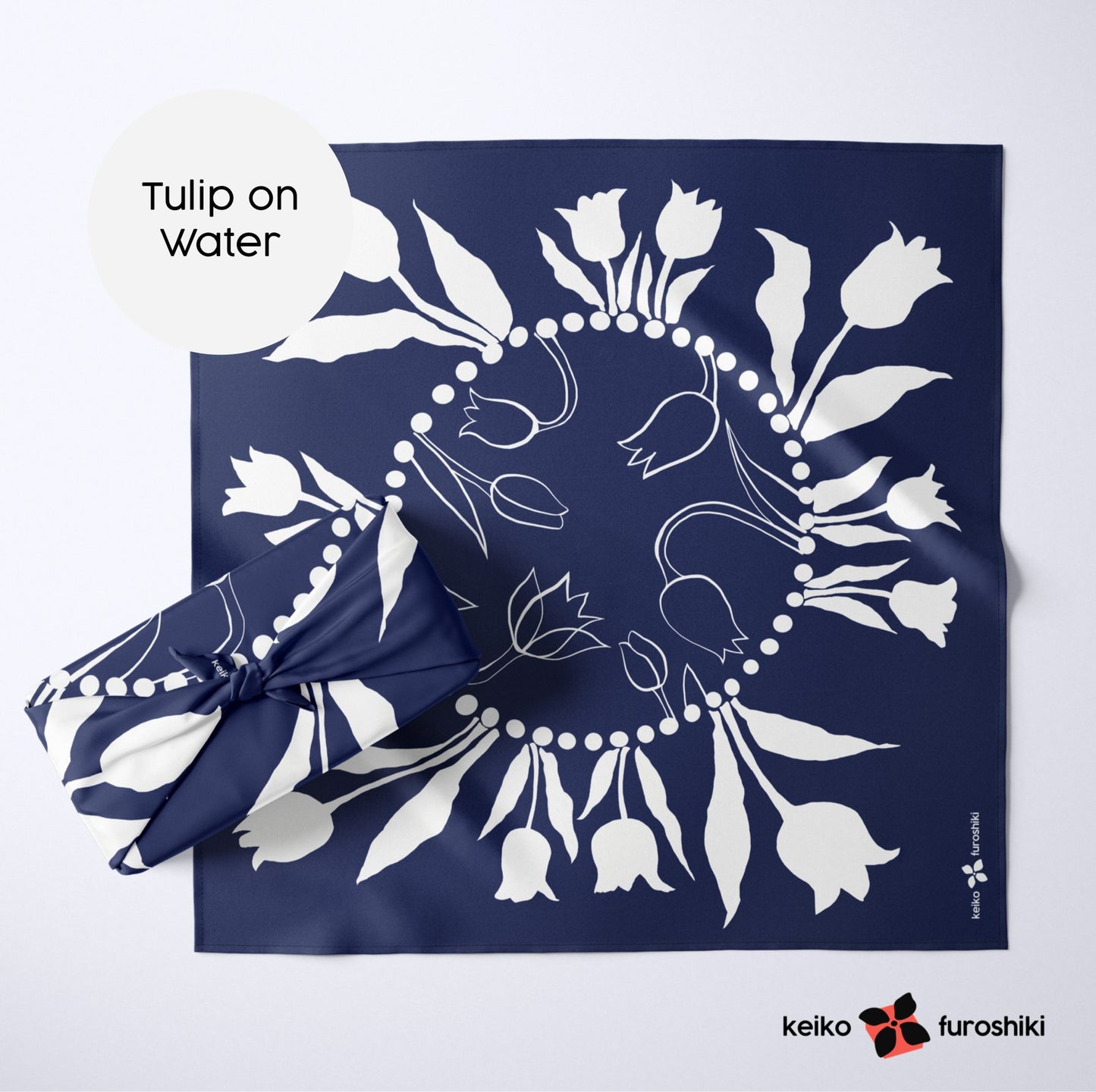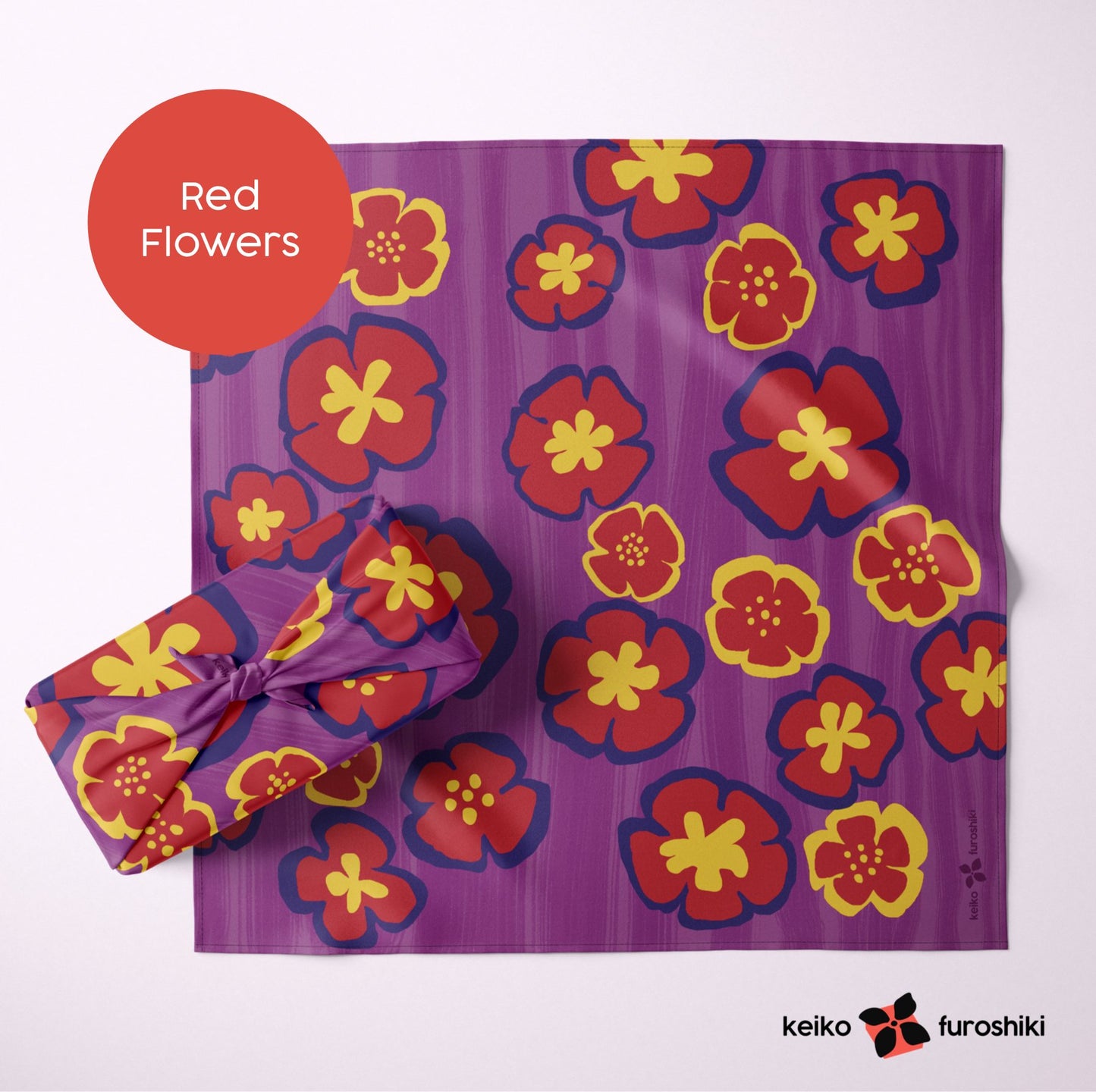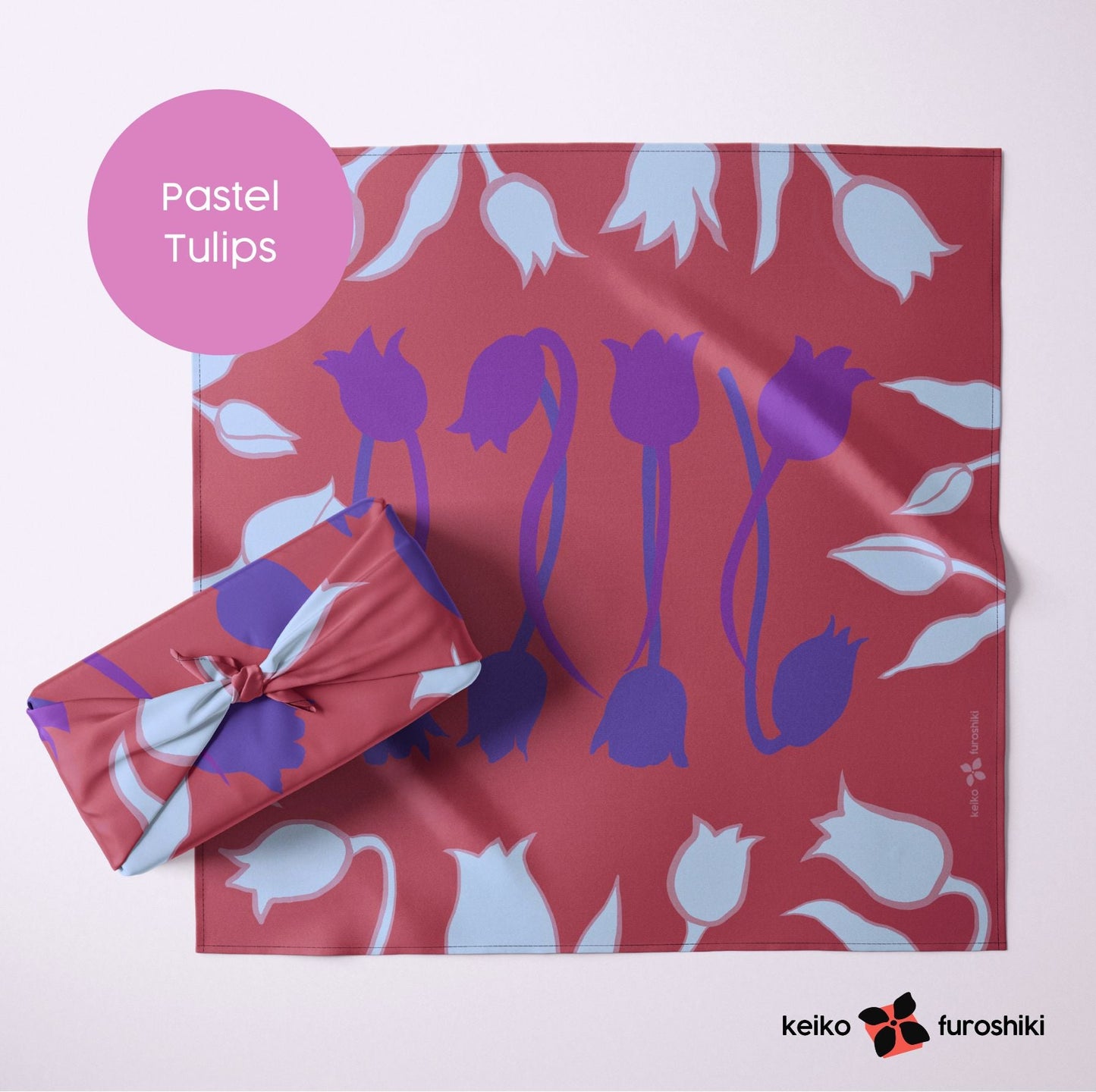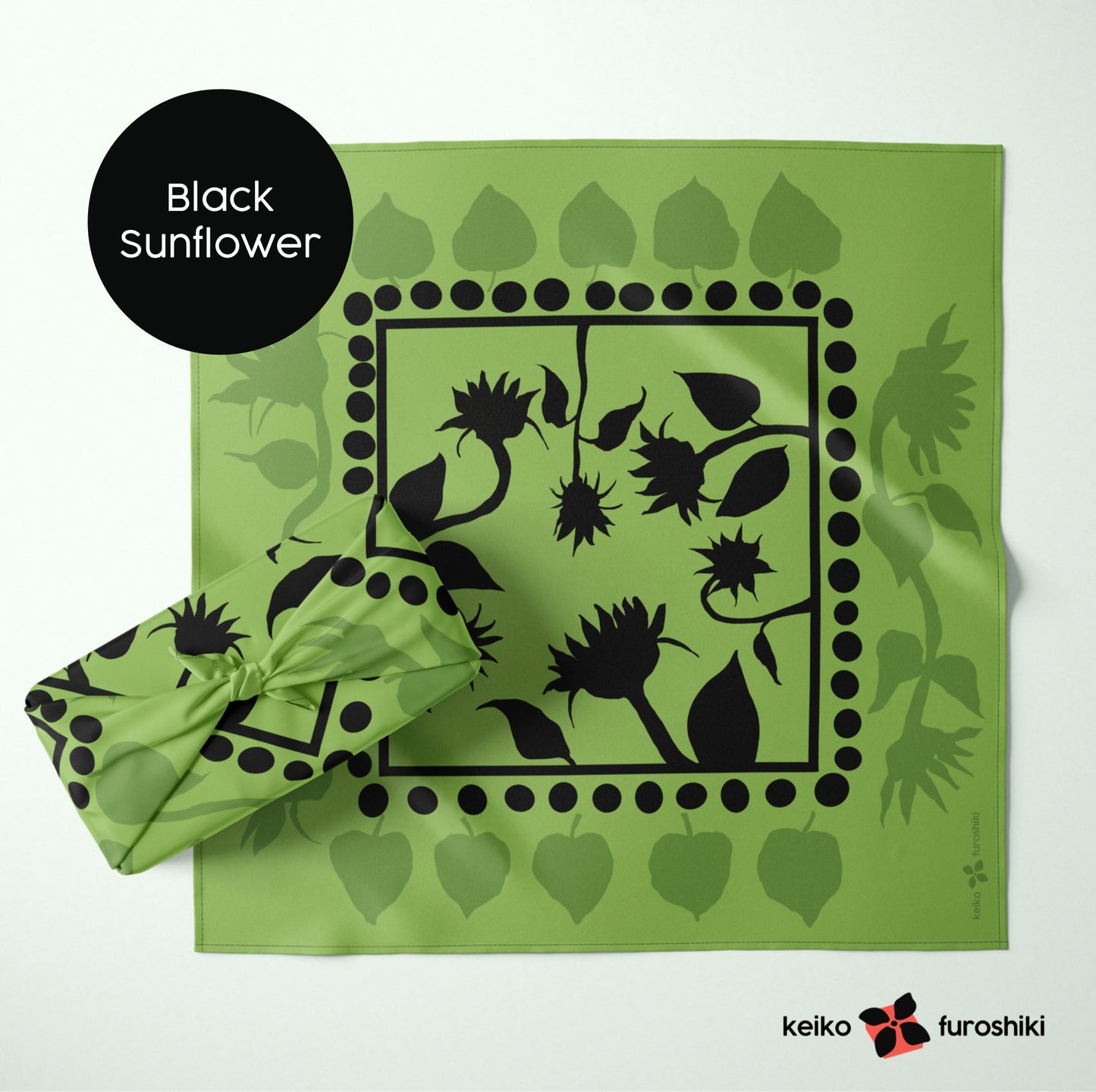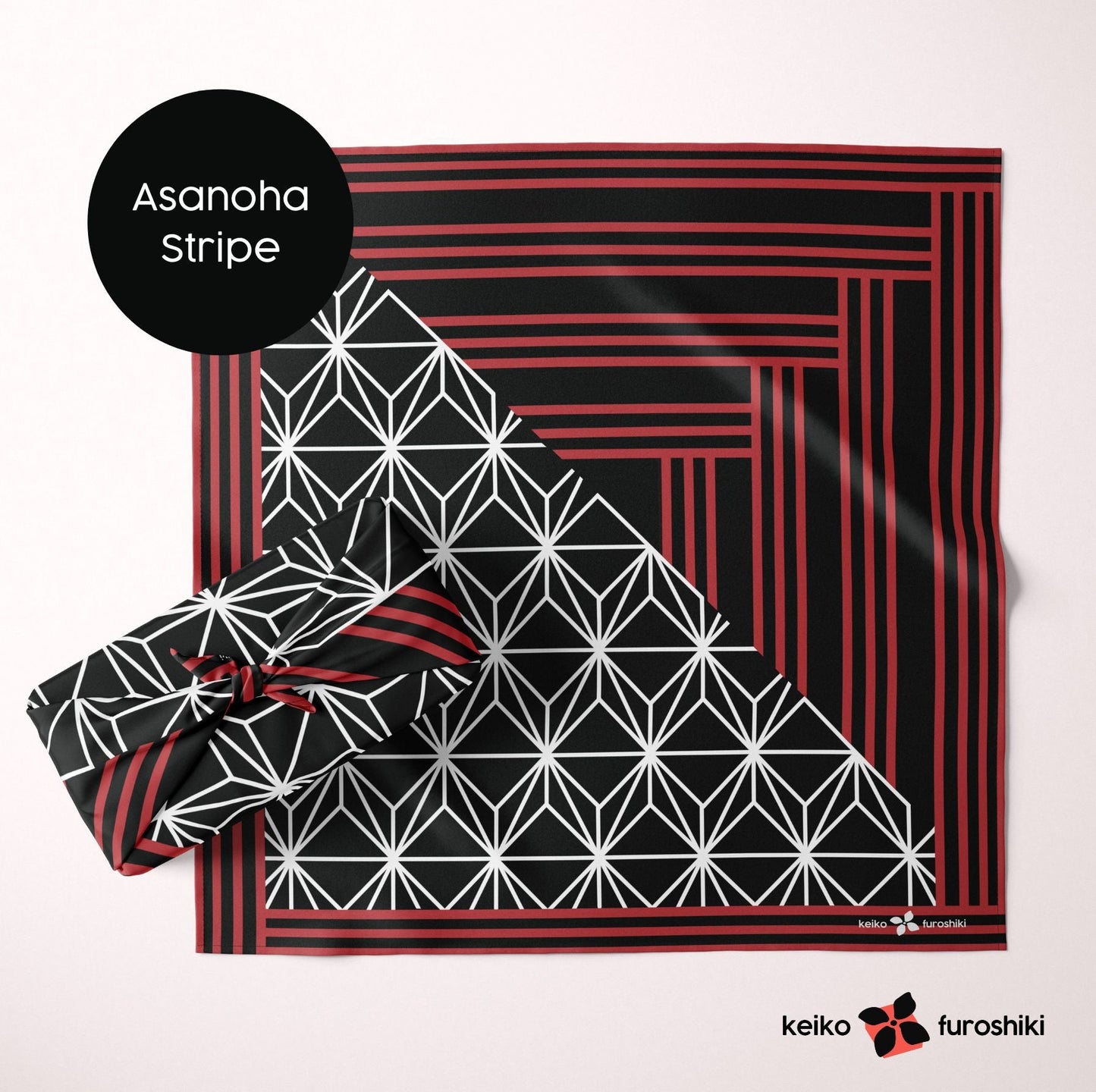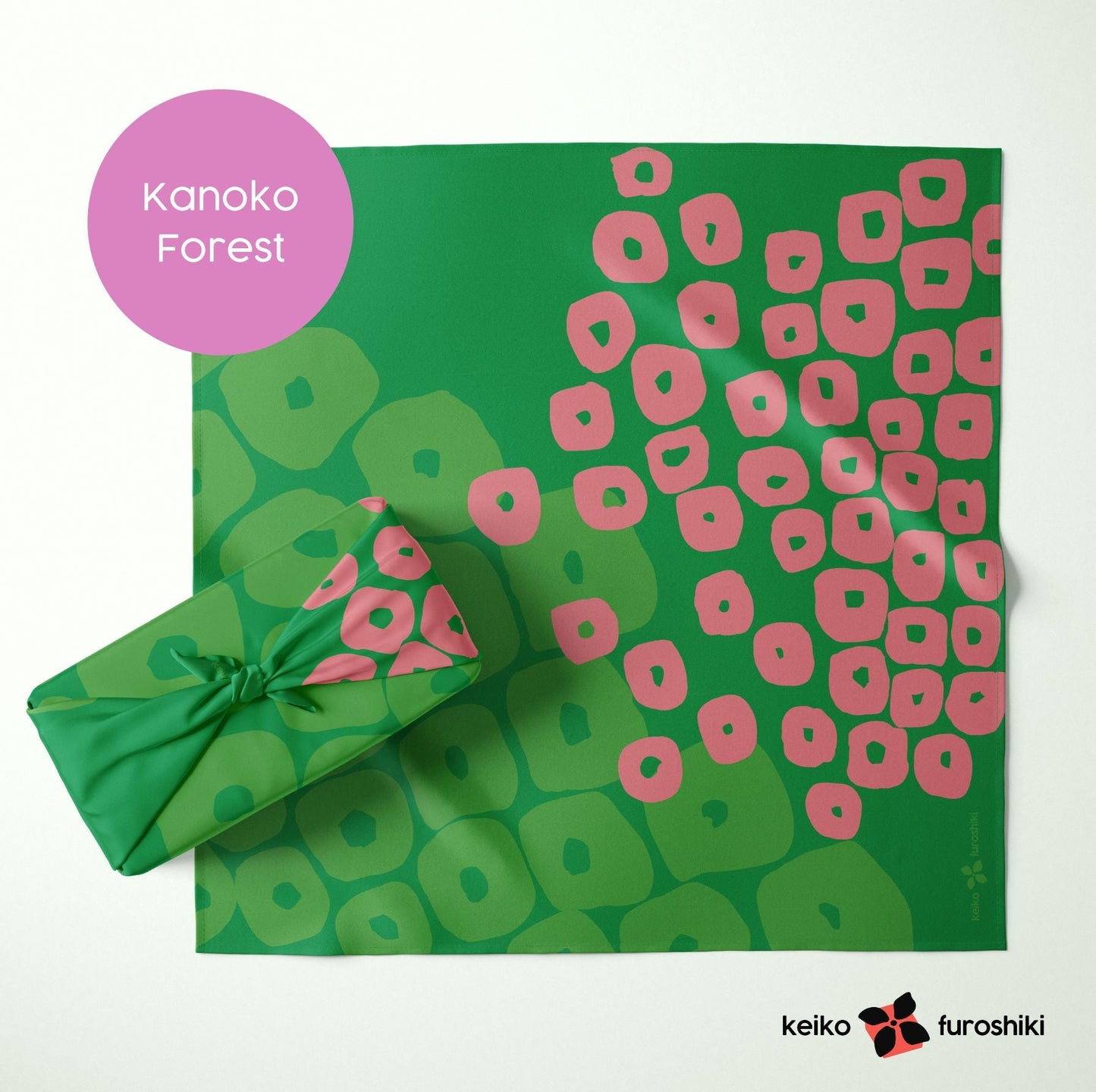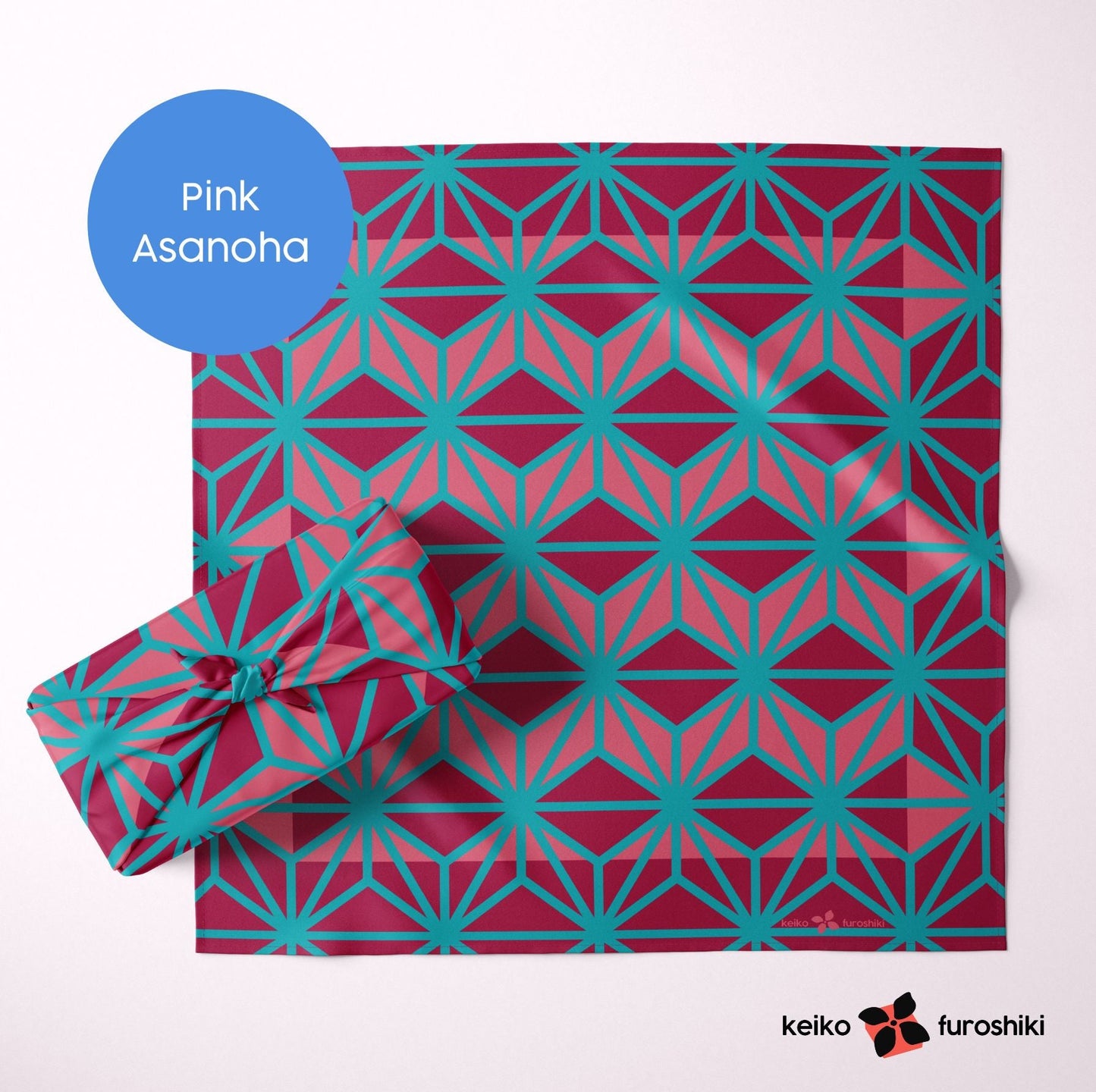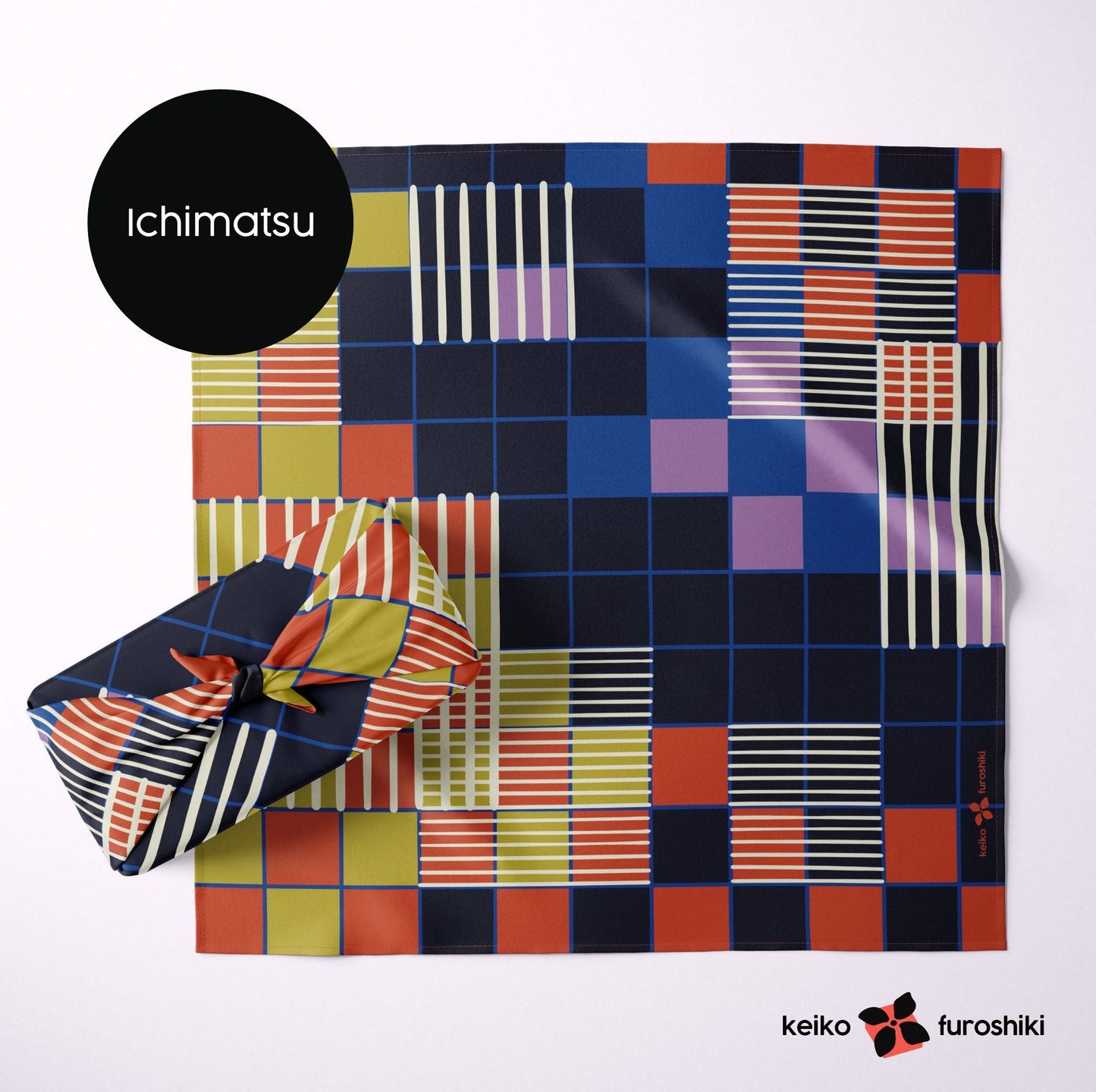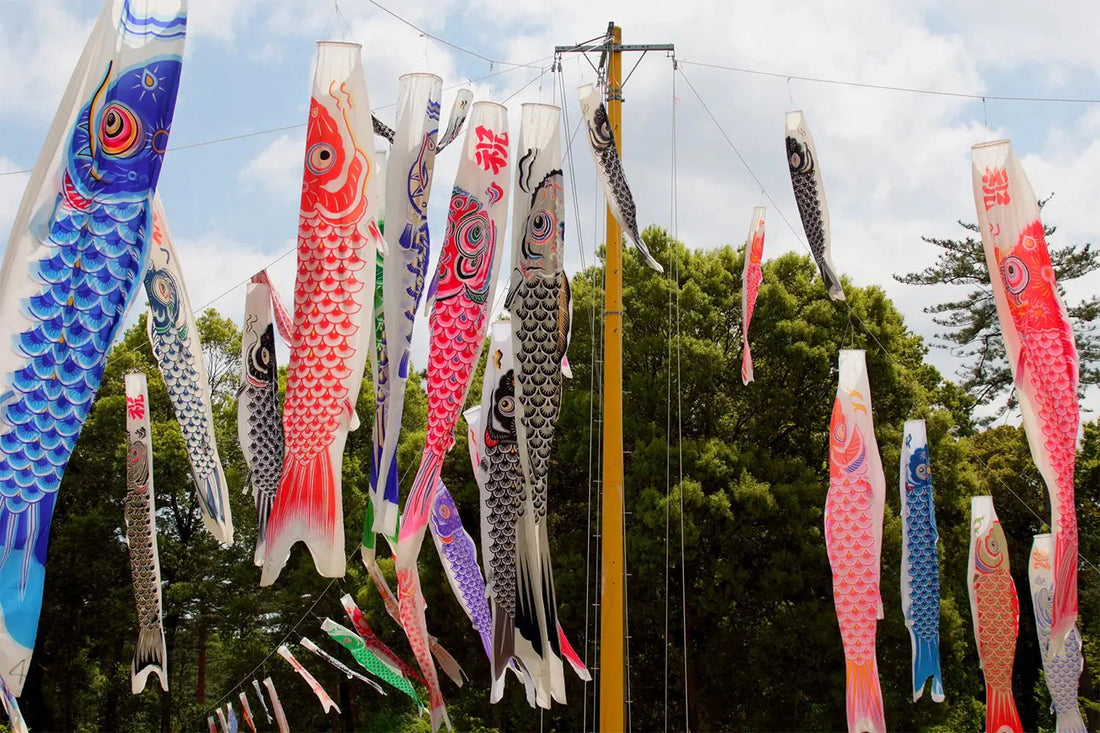
What is Golden Week in Japan? Celebrating Traditions with Furoshiki
Golden Week in Japan is a vibrant and culturally significant period that celebrates several national holidays within the span of a week. This week-long holiday, which typically takes place from April 29th to May 5th, is a time of festivities, travel, and various traditional customs that showcase the rich heritage of Japan. From bustling cities to serene countryside areas, Golden Week encapsulates the essence of Japanese culture and brings people together in joyful celebration.
What Holidays Make Up Golden Week in Japan?
One of the key aspects of Golden Week is the amalgamation of multiple holidays, including Showa Day (April 29th), Constitution Memorial Day (May 3rd), Greenery Day (May 4th), and Children's Day (May 5th). Each of these holidays holds its own significance, contributing to the overall festive atmosphere during this special week.
Showa Day is dedicated to honoring the birthday of Emperor Showa, who ruled Japan from 1926 to 1989. It is a time for reflection on Japan's history and the resilience of its people through times of change and growth. Many museums and historical sites offer special exhibitions and events during this period, allowing visitors to delve deeper into Japan's past.
Constitution Memorial Day, on May 3rd, commemorates the promulgation of Japan's post-war constitution in 1947. It is a day for contemplating the principles of democracy and the importance of fundamental rights and freedoms. Public ceremonies and discussions often take place, highlighting the values enshrined in the constitution.
Greenery Day, celebrated on May 4th, is dedicated to appreciating nature and promoting environmental conservation. It encourages people to connect with the outdoors, visit parks and gardens, and participate in eco-friendly activities. Many communities organize tree-planting initiatives and clean-up campaigns to promote a greener and more sustainable future.
Children's Day, the final holiday of Golden Week on May 5th, is a joyful occasion focused on honoring and celebrating the well-being of children. Families often display koinobori, colorful carp-shaped windsocks, symbolizing strength and perseverance. Traditional sweets such as kashiwa-mochi, a rice cake filled with sweet bean paste wrapped in oak leaves, are enjoyed during this festive day.

Gift-Giving During Golden Week
Throughout Golden Week, Japanese people embrace various traditions and customs that add to the festive spirit. One such tradition is the use of furoshiki, a versatile square piece of cloth used for wrapping and carrying items. Furoshiki embodies the concept of mottainai, or reducing waste and utilizing resources efficiently. During Golden Week, furoshiki can be seen in use at picnics, gatherings, and gift-giving ceremonies, showcasing its practicality and eco-friendly nature.

Travel and Leisure
In addition to traditional customs, Golden Week is a popular time for travel and leisure activities. Many people take advantage of the consecutive holidays to visit tourist destinations, hot springs resorts, and scenic spots across Japan. Popular destinations such as Kyoto, Tokyo, Hiroshima, and Okinawa experience a surge in visitors during this period, creating a lively and dynamic atmosphere.
Shopping and dining also play a significant role during Golden Week, with special promotions, sales, and festive menus offered by retailers and restaurants. It's a time when people come together to enjoy delicious food, shop for souvenirs, and experience the vibrant energy of Japan's bustling streets and markets.
Overall, Golden Week encapsulates the essence of Japanese culture, blending tradition, celebration, and relaxation into a memorable and festive week-long holiday. Whether exploring historical sites, indulging in delicious cuisine, or simply enjoying the beauty of nature, Golden Week offers a myriad of experiences that highlight the unique charm and hospitality of Japan.


